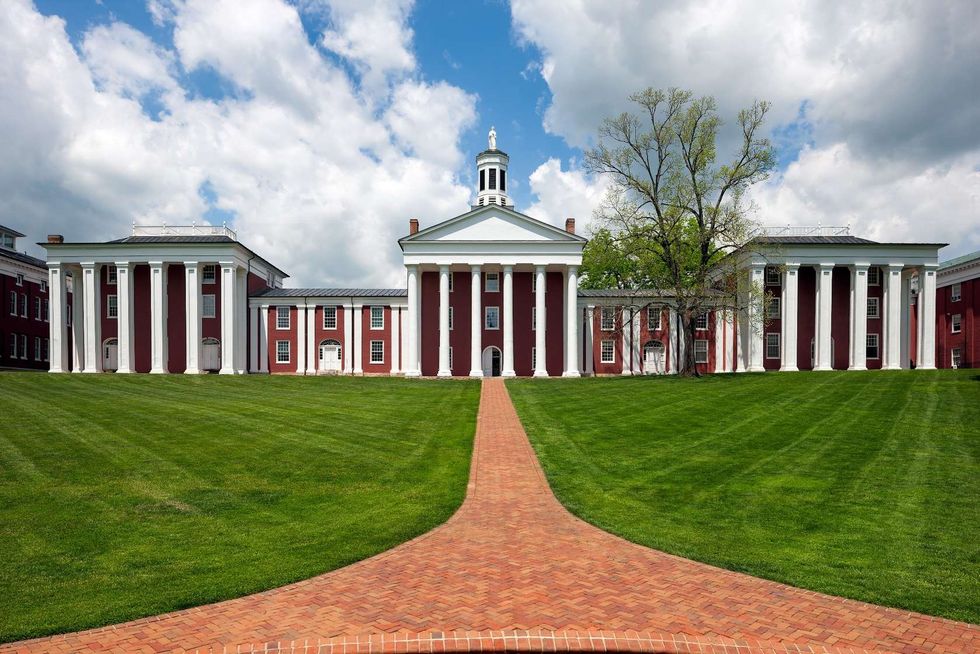Recent discussions at Washington and Lee have involved the controversy surrounding Robert E. Lee and Lee Chapel and whether or not Lee Chapel should still be included on campus tours.
But what about Davis Hall where the Student Health Center is located?
Davis Hall is named after W&L alum John William Davis. He served as United States Representative from West Virginia, Solicitor General of the United States, U.S. Ambassador to the United Kingdom under President Woodrow Wilson, and Democratic presidential candidate against Calvin Coolidge in 1924. He was also considered a candidate for replacing Justice William R. Day in the Supreme Court. As a student, he joined Phi Kappa Psi fraternity then later graduated with a law degree from W&L's school of law.
John W. Davis was also a prominent defender of segregation. Like his father, he was a conservative southerner and an advocate of white supremacy and state's rights. He represented the state of South Carolina in Briggs v. Elliot, the first of five cases in Brown v. Board of Education, in which he defended the 'separate but equal' doctrine. He was confident that previous federal and state jurisdictions, including the Supreme Court's 1896Plessy v. Ferguson decision, would ensure his success. The Supreme Court in 1954 decided unanimously that segregation in public schools was unconstitutional.
Davis, however, has been heralded for his legal career success. Fortunemagazine said that he was noted for a "calm, gracious and modest elucidation of complex matters."In 1947, W&L named an award after him to honor the graduating law student with the highest GPA.
While discussing the legacy of Robert E. Lee on campus, shouldn't we also examine the problematic reasons of naming a hall and award after a popular defender of segregation, even if he was cherished by many as a "warm and kindly mentor?" Aren't the understandings of Robert E. Lee and Lee Chapel in relationship to the university and its history more nuanced and explored than Davis Hall? How can we promote diversity on campus without questioning the problems of naming a building after John W. Davis who believed in the 'separate but equal' doctrine?

















